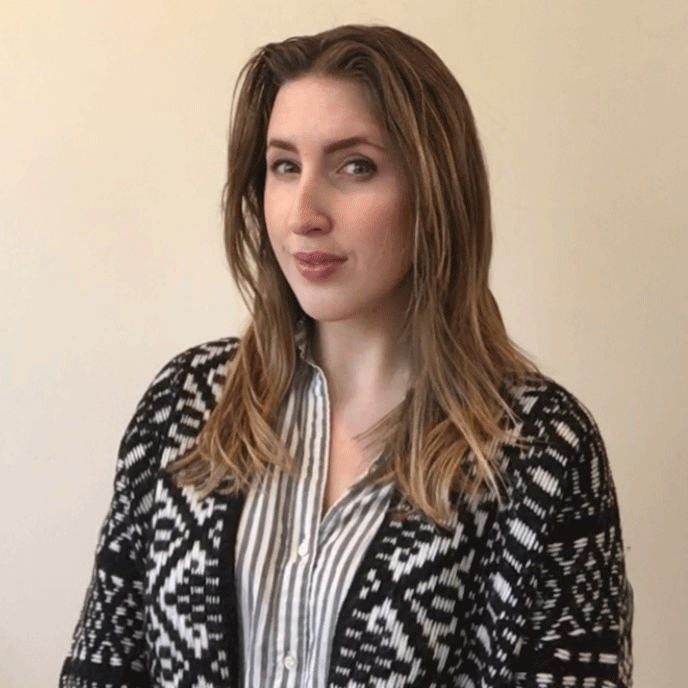
PhD Student vs. PhD Candidate
How I use gentle, digital nudges to stay current in the post-exams world
Do you know the difference between a PhD student and a Ph.D. candidate?
A candidate is someone who has fulfilled all the requirements for the degree except the dissertation.
I’m a historian (see my earlier post about being a humanist at MIT), so my path to candidacy differs a bit from other doctoral tracks at MIT. But whatever the discipline, the transition from student to candidate is an arduous process.
My department’s requirements involved: completing two years of coursework; demonstrating proficiency in a research language other than English; submitting at least one grant application; writing and revising a dissertation proposal that the dissertation committee must approve; and, most grueling of all, passing qualifying exams.
I became a candidate on November 24, 2015, after a weeklong examination period that involved three separate seven-hour written exam and a two-hour oral examination during which our committee members can grill us on anything they please.
I felt prepared for the written exams, which were open note, because I’d done nothing but read, take notes, and revise for the four months leading up to the exams.
But I lost sleep (at a time when I really couldn’t afford to be losing sleep) fretting about the oral exam. I shouldn’t have worried as much as I did. While there were a couple moments of panic—like when I blanked on the two ecozones separated by Wallace’s line—I survived “quals.”
**
So, what do you do once you become a candidate?
First, you take a break. I gave myself a little over a month to relax. I worked on lower-stakes projects, read fiction, attended departmental lectures, caught up with colleagues. I enjoyed the holidays at home in Chicago.
But once the New Year rolled around, a new sense of panic set in. Without the motivating pressure of exams to keep me working at a breakneck pace, how would I ever stay up-to-date in my fields? This anxiety, I’m willing to guess, is one shared by almost all academics.
While I’m actually more interested in how others have handled this pressure—comment away please!—I wanted to share a few tips I’ve picked up for keeping au courant.
1. Sign up for eTOCs
That acronym stands for email Table of Contents alerts. Most journal publishers have a system that allows you to receive emails detailing the contents of their most recent releases. Sign up for a few of these and you’ll receive quarterly reminders that make it easier to stay on top of developments in the literature.
For some fields, it might not be necessary to read entire journals. In that case, pick some keywords and set up a bunch of Google Scholar alerts. Talk to your advisors and peers to see what works best in your discipline.
2. Make social media work for you
Choose one social media platform and turn it into a research tool. My platform of choice is Twitter. You might be surprised by the number of scholars and professional associations that use social media. I rarely tweet myself, but I check Twitter at least once each day to find links to interesting articles, news about gatherings in my field, and to follow the work of scholars I admire. In addition to yielding worthwhile information, my Twitter sessions have the added benefit of tricking my brain into thinking it’s taking a break from work.
If you’re wondering how to curate your Twitter feed, first take a look at papers you’ve written for classes or published. See if the scholars that you cite in your own work are on Twitter and go from there. This is the most casual form of networking, but especially for introverts (like myself) these social media e-introductions facilitate in-person conference meetings, which can lead to future collaborations.
3. Listservs make life easier
Most people at MIT know about the free food listserv. I’m not a member because I don’t need that kind of temptation in my life. Still, I’m a big fan of using listservs to join intellectual communities. In addition to the handful of MIT-based lists that tell me about upcoming lectures and workshops here on campus, I receive emails from communities at other Cambridge- and Boston-based schools. I’m also on a few listservs for universities in other cities. Even if I’m never able to attend those events, I know who is working on what where. If academia is about staying in the know, listservs help you do that.
I’ve written this from the perspective of a PhD candidate who needed gentle, digital nudges to stay current in the post-exams world, but I hope they prove useful for students, candidates, and beyond. Now comes the important question: What are your strategies for staying up-to-date?
Share this post:
